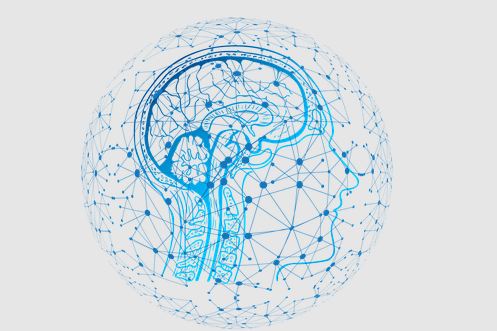Modern science has revealed that the activity of the brain is electrochemical. Meaning, when the brain receives stimulus, it will react chemically and electrically charged neurons will fire up.
A device known as EEG can detect the electrical activity of the brain. With its nodes attached to different parts of the head, the brain activity is monitored, keeping neurologists at tab whenever a person is awake, asleep, or in-between.
EEG or electroencephalograph gives us a clear view of what is happening with our brain when we are at work, doing a speech or presenting a new product to customers, or eating lunch, driving in a heavy and long traffic, jogging, simply lazing around, daydreaming or sleeping.
These activities produce different brainwave patterns. EEG detects four (4) brainwave states that a man goes in and out of intermittently within the day.
The Four Brainwave States
Brainwaves are categorized based on their frequencies. Beta waves have the highest brainwave frequency, ranging from 13-40 Hz, and are the dominant wave pattern for a person at work.
Whenever a person is engaged in a serious mental activity, his EEG will reveal that his brainwaves are in Beta.
It is at its highest Beta if the person were doing research that requires mental alertness and visual acuity, while it is at its lowest Beta when the activity is not so engaging, such as watering the plants and doing the dishes.
After a hard day’s work and a person stop for a while to laze on the porch, his brainwave state shifts to Alpha. Alpha waves ranges from 7-12 Hz.
As he puts his feet up and feels his shoulder muscles loosen, the frequency of his brainwaves goes down some notches bringing his Alpha waves to its lowest.
At this stage, when he starts to daydream and feels that sleep is soon to engulf him, his brainwave at any time will shift to the Theta stage.
Theta is the brainwave state that is said to be responsible for all the beautiful and sublime artworks and literary pieces in the world.
Known as the deeply meditative, twilight, or creative state, it is believed that famous artists and literary figures have had their greatest inspirations after waking up from a vivid Theta dream.
We, the normal people, however, simply have a glimpse of this creative world. When we wake up and our brainwaves go back to Beta, we only remember bits of imagery and sounds from the creative world of Theta.
Buddhist monks, on the other hand, can reach Theta at will by doing meditation.
Moreover, they can have complete awareness or consciousness while in Theta. Deep sleep is associated with Delta waves, the brainwave state with the lowest frequency, at 1-4 Hz.
The frequency of Delta waves never goes down to zero, even people in a coma; it if does, it means that the person is brain dead.
At Delta, we don’t dream but we do heal. The frequency of Delta promotes the production of Growth Hormone which is responsible for healing and cell regeneration.

